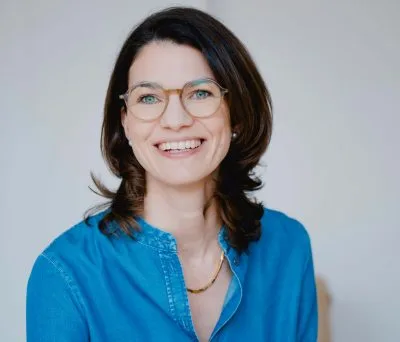The aim of this project is to gain a repeated insight into the "psychological situation" of the population. This should make it easier to orient communication measures and reporting in such a way as to offer the population correct, helpful knowledge and to prevent misinformation and actionism.
Initial findings from the two surveys conducted in recent weeks show The population is already widely informed about COVID-19 and is taking initial protective measures such as social distancing, but still not enough. Nevertheless, the willingness to limit themselves in such a way that the outbreak can still be managed by the German health system is surprisingly high. It is even greater, however, when it is communicated that one's own limitations will protect others who could be more seriously affected. People also show a high level of acceptance for stricter measures: a large proportion are prepared to limit or be limited.
For each round of the survey, 1,000 people are questioned with an online questionnaire. The samples are drawn in such a way that they correspond to the distribution of age, gender and federal state in the German population.
The consortium is a joint project of the University of Erfurt, the Robert Koch Institute, the Leibniz Center for Psychological Information and Documentation, the Science Media Center, the Bernhard Nocht Institute for Tropical Medicine and the Yale Institute for Global Health. The project is financed by the University of Erfurt, the Leibniz Center and the Robert Koch Institute.

